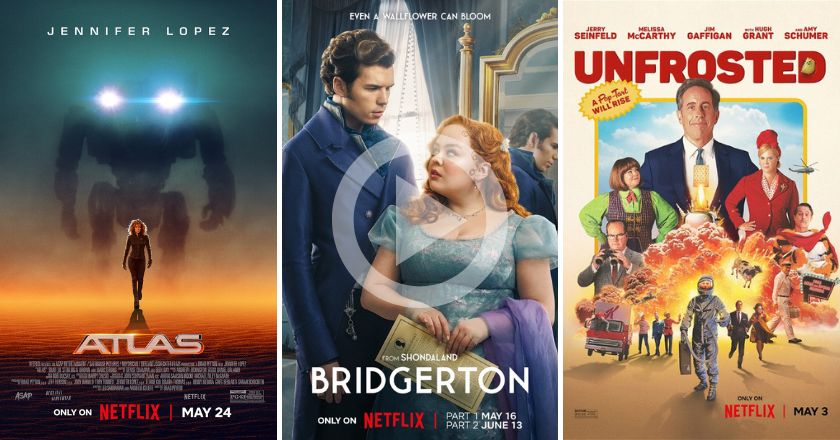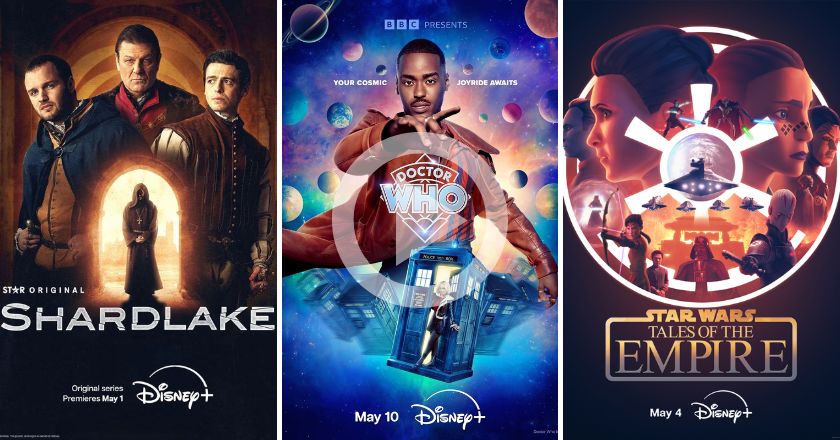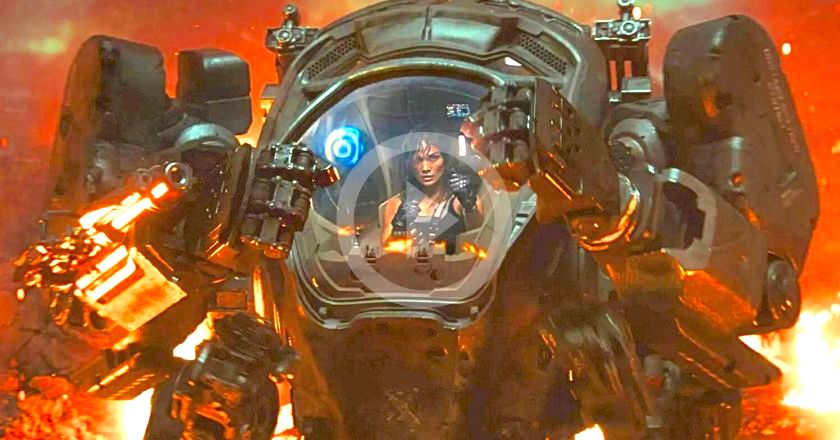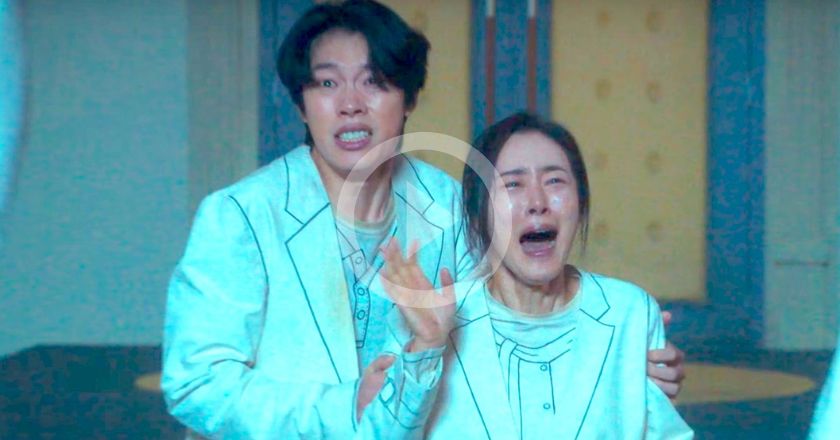
[Review by Tegan Lyon]
Pablo LarraÃn’s Jackie may be slated as a biopic of former First Lady of the United States Jackie Kennedy Onassis (Natalie Portman), but the hundred-minute film doesn’t deliver much new on the woman and offers only a brief expansion on one of the most publicised events in history: the assassination of John F. Kennedy.
The timeline of Jackie is somewhat murky, but the majority of the film comprises of JFK’s assassination and the week that follows, intercut with a one-on-one interview with a probing journalist (Billy Crudup) and a series of near shot-for-shot recreations of Jackie’s public appearances during her time in the White House.
Sadly, Jackie doesn’t offer much in the way of new information. There is little light shed on Jackie before she became the First Lady and after she became a widow. Throughout the many flashbacks and interviews, the film moves at a rather glacial pace. Jackie‘s most exhilarating moments are, naturally, when it’s depicting the assassination. November 22nd, 1963 is played out on-screen in a truly visceral manner, with startling resemblance to the real-life event; the Kennedys stepping off Air Force One and onto the tarmac in Dallas, Jackie’s famous pink Chanel suit, Jackie crawling onto the rear of the convertible after the gun shot.
Was it paramount to the story to re-create the assassination frame-for-frame in all of its gory detail? Perhaps not, but while it doesn’t have much bearing on the overall story, it does bring greater weight to the scene that follows. Scrubbing his blood from her face in an Air Force One bathroom, Jackie allows herself to react to her husband’s violent murder in a raw, vulnerable way, showcasing Natalie Portman’s immense talent as an actress.

Unfortunately, this powerhouse of a scene stands so high above the majority of the film that so many other scenes feel like filler, even if Portman does knock them out of the park. Since this version of events is so squarely rooted from Jackie’s point of view, it leaves little room for other characters (and their actors) to make an impression. However, Peter Sarsgaard’s presence as Bobby Kennedy is strong and so very necessary to the film, if for nothing else than to give Portman a scene partner who can come close to matching her calibre. Sarsgaard’s wistful, yet biting delivery of the line “We’re just the beautiful people, right?” is a high point of his performance and elegantly burrows deeper into the Kennedy dynasty.
Jackie will likely continue to be revered by American critics, but it is difficult to overlook the film’s flaws when one isn’t as mystified by the Kennedys. Jackie spends so much of the film dedicated to preserving history and ensuring that her husband’s legacy is a lasting one; in many ways, Jackie acts as another opportunity for the United States to give itself a big pat on the back. Perhaps because Australian culture is often ready to self-deprecate, this self-importance didn’t translate entirely well to me.
Even with its flaws, Jackie is a triumphant piece of acting for Portman. She absolutely nails Jackie’s speech, gait and mannerisms, despite the film’s musical score, which is so intensely distracting and overwrought that it occasionally displaces the viewer. Discounting this grievance, however, Portman is at her best during Jackie’s quieter moments: the aforementioned bathroom scene, peeling off her bloody pantyhose, roaming through her private quarters, trying on gown after gown before she is forced to evacuate The White House.
Jackie is a slog of slow scenes, dispersed with some fantastic character acting. Jackie may not be the beacon of inspiration that it aspires to be, but Portman’s performance makes Jackie worthwhile.

Join Screen Realm on Twitter, Facebook, Instagram, LinkedIn and YouTube.








